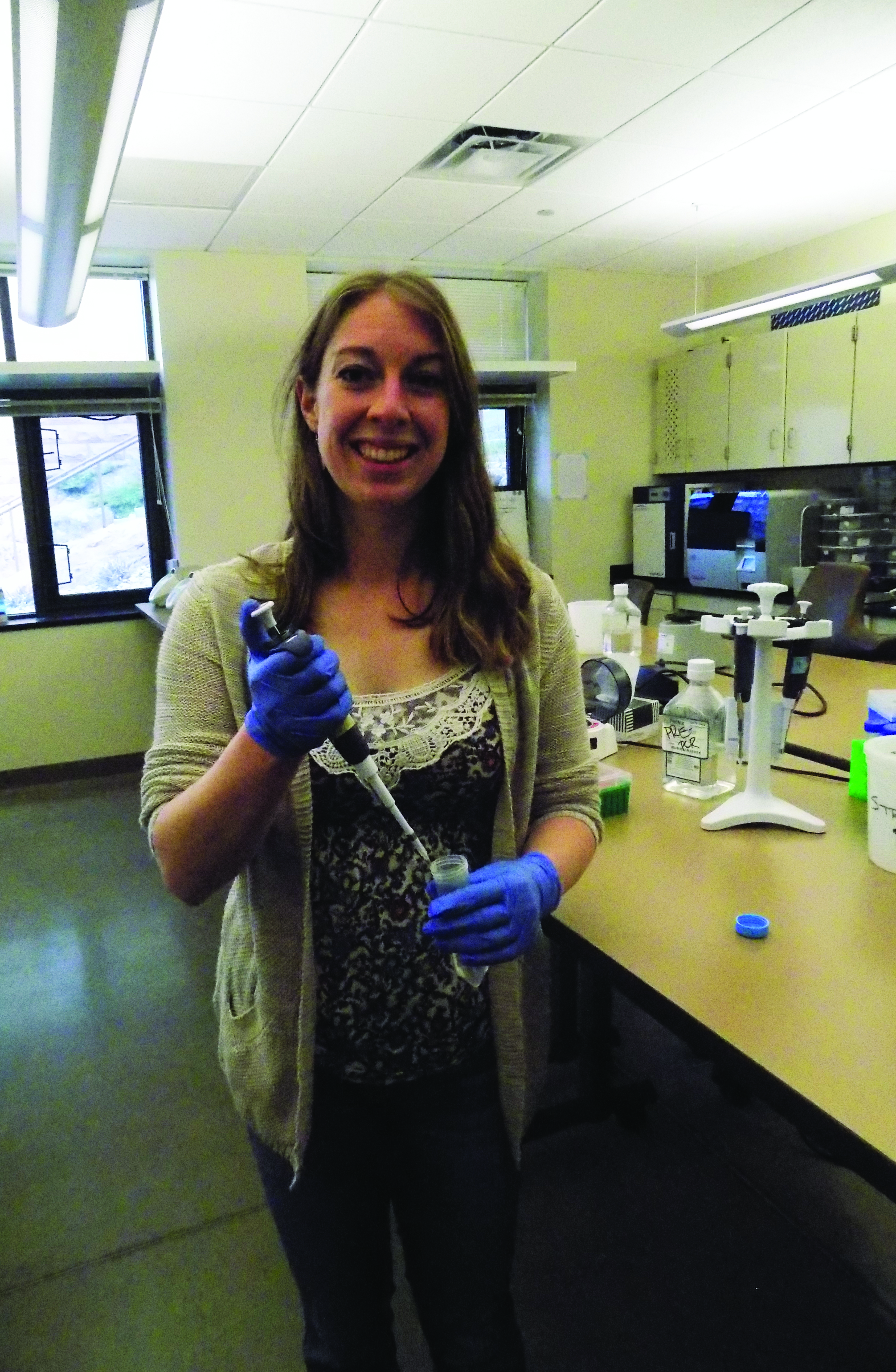Undergraduate students who have completed research over the past year will have the chance to present their findings Saturday at Undergraduate Research Day.
“Undergraduate research has grown considerably over the past few years,” Rick Matlock, one of the event coordinators, said. “Undergraduate Research Day gives students an opportunity to present the work they’ve been doing over the year.”
From capstone projects to social science research, the event provides an opportunity for students to present for the first time in a professional setting.
“For many of them, it’s their first attempt at presenting research in a professional conference environment,” Matlock said.
Over the past 17 years, 4,500 students have presented. Started in 2000 by Bill Gern, Vice President for research, the first research day had 80 students present.
This year, 491 students will present along with 122 poster presentations, making it one of the biggest spring events on campus.
“It’s grown to be one of the larger events of the spring season,” Matlock said. “Graduation is larger at this point.”
A third of the presenters will be from the engineering department but undergraduates from all departments participate.
“I think that all fields at UW are being covered,” Matlock said. “Engineering, all of the sciences, agriculture, biological sciences, physical sciences and a lot of social sciences are well represented too.”
Ashleigh Rhea, a senior in Wildlife Biology, will be presenting her research on detecting the correlations between immune function in avian malaria in red breasted sapsucker woodpeckers.
“Avian malaria is very similar to human malaria,” Rhea said. “With the avian species, it’s not as severe but there are conversation concerns.”
Some of these concerns are connected to if infected birds can find a mate and reproduce successfully.
“For North American and migratory species, we’re looking at it because there are fitness costs,” Rhea said. “And potential survivor costs of the offspring in the future if they do successfully raise a set of babies.”
This is Rhea’s second year at presenting at Undergraduate Research Day. Last year, her research focused on a statistical analysis of sagebrush.
Rhea thinks the event is a great way for undergraduates to make connections and practice public speaking.
“It’s a big day for any undergraduate working in a lab,” she said. “I think the main thing we do is make connections and get used to public speaking, and speaking to people who don’t have a science background or even a biological background.”
Kara Wise, a senior studying Fisheries Biology, will also be presenting her research at the event. She will speak about the effects of an invasive snail species from New Zealand on the natural caddisfly in the Greater Yellowstone ecosystem.
“It’s [the snail] affecting the native insects and larvae in the river,” Wise said. “We’re looking at the issues. We looked at how the native macroinvertebrates reacted.”
Wise has worked in the lab studying the snails for two years, either through internships or fellowships. Her work has taken her to the Tetons.
“I really like it,” she said. “It just started with internships and meeting people.”
Wise sees her project as raising awareness about how many invasive species around the world there are that many people do not know about.
“Nobody has really studied it [the snails] because it’s not exactly what you would think about as a fun species to study,” she said. “People don’t think to study things when they’re that small and think they’re not that important but they are.”
Undergraduate Research Day begins at 10 a.m. Saturday and will run until 4 p.m. Oral presentations will be in the Classroom Building. Poster presentations will run from 3:30 to 5:30 p.m. in the Wyoming Union Family Room.
“It’s a lot of fun,” Rhea said. “Anyone who can attend should attend.”



